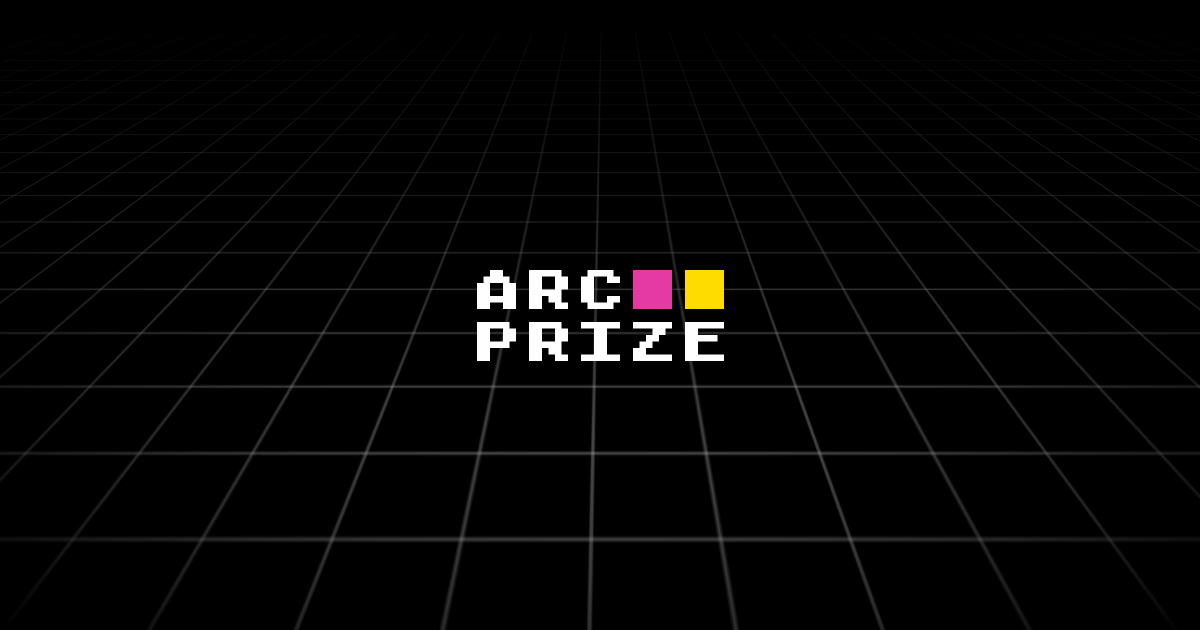- Synaptiks
- Posts
- OpenAI achieves AGI ?
OpenAI achieves AGI ?
OpenAI's o3 Model Achieves Breakthrough on ARC-AGI-Pub Benchmark
Introduction
OpenAI's latest AI model, o3, has set a new benchmark in artificial intelligence by scoring 75.7% on the ARC-AGI-Pub benchmark's Semi-Private Evaluation set within a specified compute budget. Previously, the highest score achieved on this benchmark was just 40%, making o3's performance a groundbreaking leap. In a higher compute configuration, o3 demonstrated even greater potential with an impressive 87.5% score, cementing its place as a pivotal development in AI research.
Background
The Abstraction and Reasoning Corpus for Artificial General Intelligence (ARC-AGI) benchmark is designed to evaluate an AI's ability to generalize and adapt to novel tasks without prior training. Since its creation, ARC-AGI has been a critical measure of progress toward general AI capabilities. The benchmark's challenges demand problem-solving skills akin to human reasoning, making it a high bar for AI systems to clear. (arxiv.org)
Current Developments
OpenAI's o3 model represents a significant advancement in AI's ability to handle novel and complex tasks. Tested on two datasets—the Semi-Private Evaluation set and the Public Evaluation set—o3 delivered exceptional performance across varying computational setups.
In a compute-efficient setting, the model achieved a 75.7% score on the Semi-Private Evaluation set, incurring a cost of approximately $20 per task and averaging 1.3 minutes of processing time per task. When optimized for higher computational resources, o3 reached an extraordinary 87.5% score, although the cost details for this mode have not been disclosed. These results represent a paradigm shift in AI's capacity for abstract reasoning.
Implications
This breakthrough indicates a qualitative leap in AI capabilities, particularly in generalizing across unseen tasks. However, computational costs remain high, with o3 requiring $17–$20 per task in its efficient mode, compared to approximately $5 per task for human solvers. Despite this, the trajectory suggests that AI systems like o3 could soon become economically viable alternatives to human problem-solvers.
Furthermore, o3's success underscores the importance of architectural innovation over brute-force computational scaling. It demonstrates that novel approaches, rather than sheer processing power, are essential to achieving generalization—a key component of general AI development.
Conclusion
While o3's performance on the ARC-AGI benchmark is a remarkable achievement, it does not signify the attainment of Artificial General Intelligence (AGI). Challenges with certain tasks persist, highlighting the need for continued innovation in AI research. The upcoming ARC-AGI-2 benchmark, set to debut alongside the ARC Prize 2025, promises to push the boundaries of AI development even further, ensuring that milestones like o3's success remain stepping stones rather than endpoints.


Reply